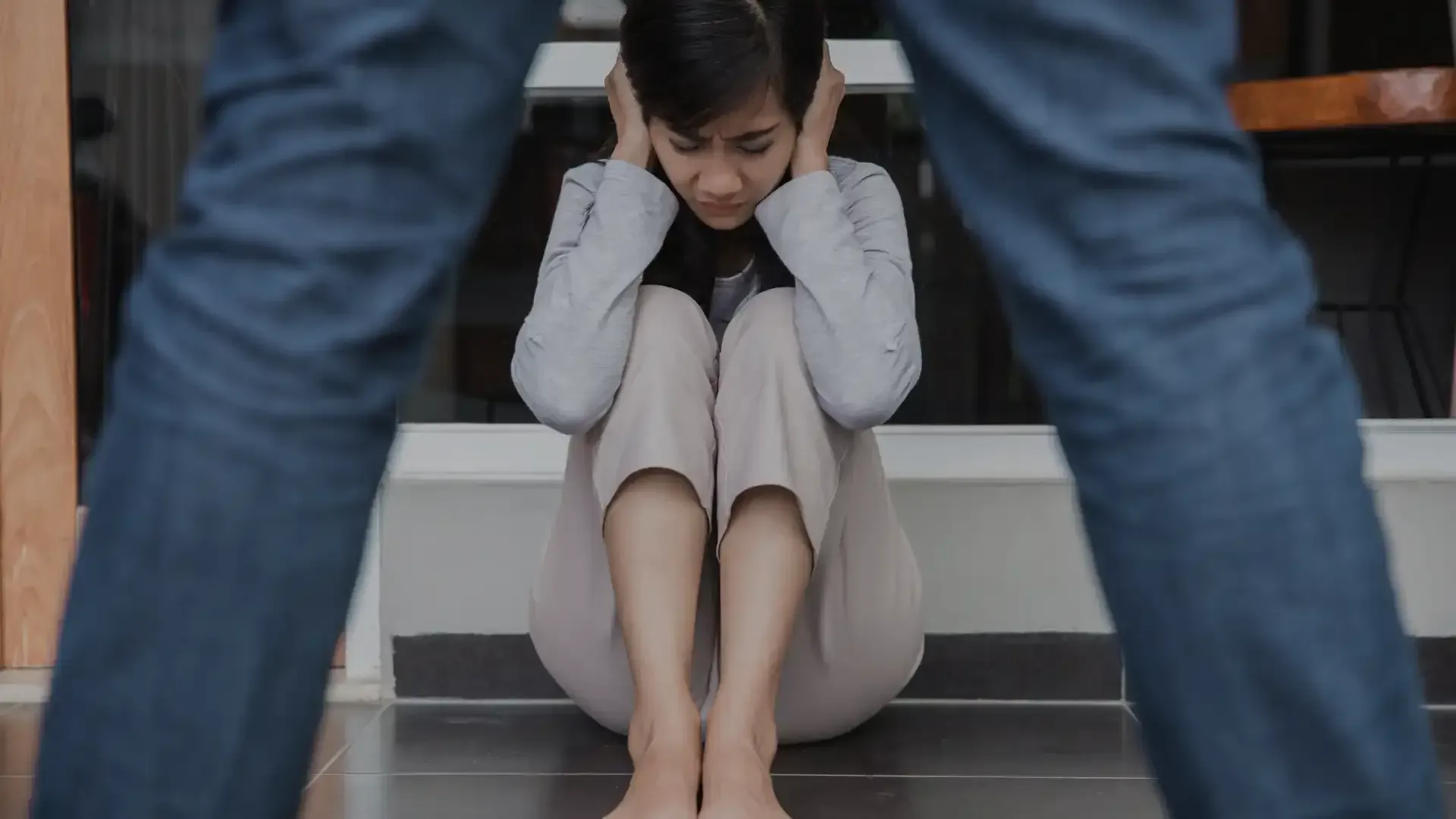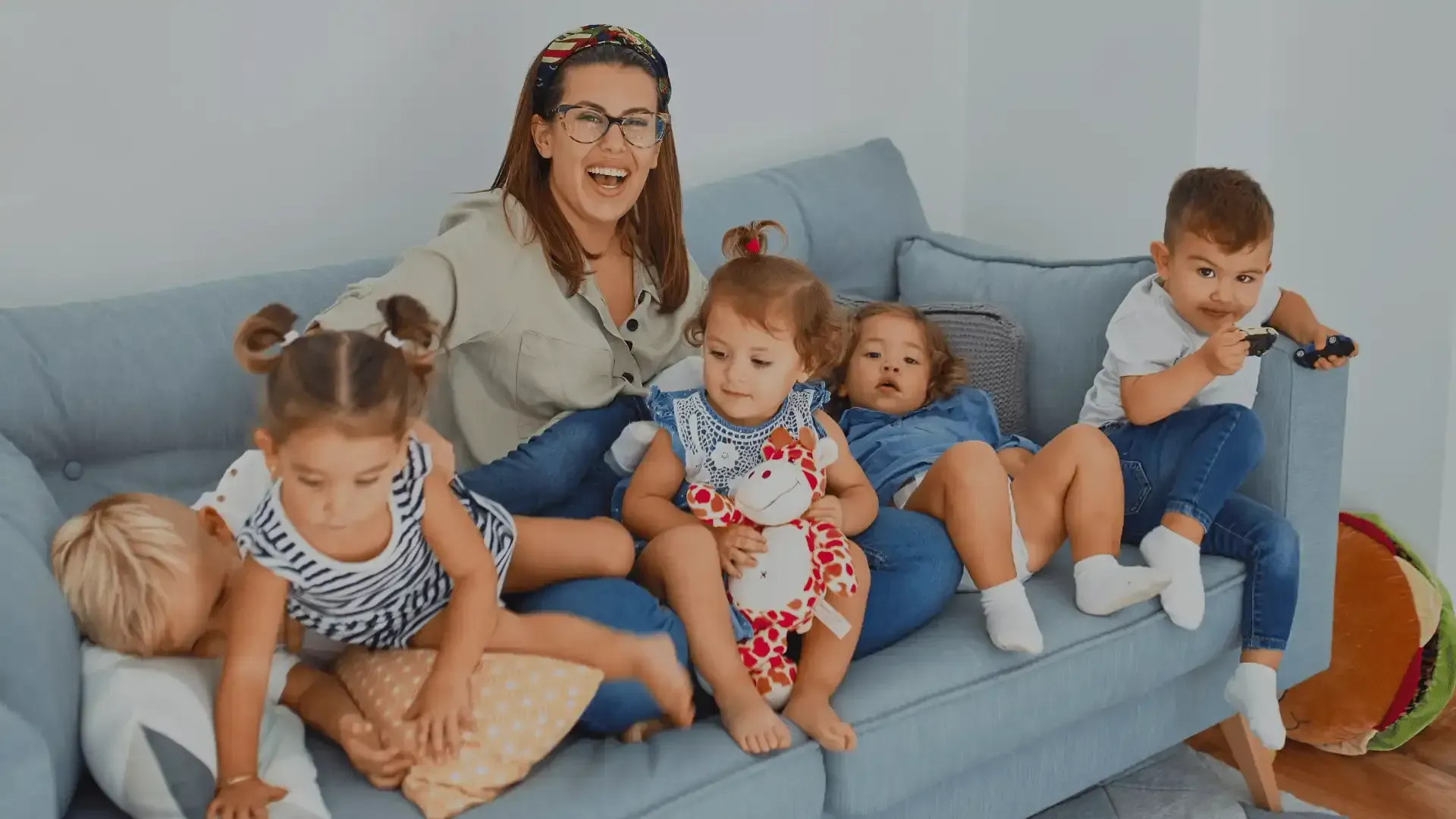Coercive control and what it looks like
If you are reading this article because something about your relationship doesn’t feel right to you, it’s most likely not, and Weston Ward and Lascelles’ family lawyers in Christchurch NZ think you should continue reading. It’s important to be aware that not all types of family harm and domestic abuse involve physical violence, there are many different types of abuse that can occur in an intimate relationship.
Disagreements happen in all relationships, but if they become more frequent and start to form a pattern for when they occur, it can be a sign there is something more going on and the relationship is abusive. Using the word abusive can make you feel uncomfortable. It can be incredibly hard to acknowledge what is happening to you. The realisation you are in an abusive relationship can be painful and unleash a sense of shame and guilt. You might start wondering, ‘Could you have prevented it? Stopped it? Loved your partner more?’, Trauma-related guilt often stems from a feeling that you could have done something more or differently during the relationship; however, abuse is not your fault and nor could you have stopped it. You are not responsible or to blame for your partner’s abusive behaviour; abuse is a pattern of power and control.
In recent years, the discourse surrounding family harm has expanded to include a more nuanced understanding of abusive behaviour. Domestic abuse isn’t just about physical violence. It isn’t just about a strong man physically abusing a weak woman. The problem with this cultural narrative is the signs of abuse in a relationship are often not recognised, because it doesn’t ‘look’ like it. Domestic abuse can take the more subtle form of coercive control.

What is coercive control?
Coercive control is a continuous pattern of behaviour of assaults, threats, humiliations and intimidation with the intention to punish, harm or frighten. These repeated behaviours can have a serious impact on the survivors, depriving them of their independence, self-esteem and confidence and often making them feel isolated and scared.
How to recognise coercive control
It can be tricky to recognise coercive control, primarily because every relationship is different, but also because the abusive behaviour often starts subtly and escalates slowly, but there are common behaviours and red flags that controlled relationships share:
· Isolating you from friends and family
· Closely monitoring your activity
· Controlling your environment
· Restricting your freedom
· Gaslighting you so you question your sanity
· Constantly criticising you
· Controlling your finances
· Forcing you to live by their rules
· Sabotaging the relationship with your children
· Policing your lifestyle
· Making jealous accusations
· Preventing you from getting help
· Controlling your sexual relationship
· Threatening violence
· Blackmail
Abusers do not usually use coercive control exclusively and research shows it typically underlies other types of domestic abuse:
· Physical or sexual violence
· Emotional and psychological abuse
· Economic harm
· Tech abuse
What can you do if you are in a controlling relationship?
Coercive control creates invisible chains and feeds a sense of fear that impacts all aspects of a victim’s life. Controlling behaviours and stalking are more reliable indicators of serious harm than any other single factor, including violence itself – often stemming from a loss of control post or during a separation.
Leaving an abusive relationship is not straightforward. While you may recognise you are in an abusive relationship, you may feel you don’t have the emotional resilience or strength to do so. This is because you have been gradually disempowered by your partner, but with the right help and support, you will be able to, you are not alone.
If you have time to make a plan, do so. You will need to work out where you are going to live, and how you will take care of your children. It is crucial to get the best legal advice for family violence if you have children or there are relationship property issues.
Your first port of call should be to a family lawyer. Christchurch law firm Weston Ward and Lascelles’ family law team are experienced in supporting people through the stages of family law processes, helping them to thrive and not just survive. Remember, you may be eligible for family law legal aid to assist with your legal costs.
How does family law protect survivors?
If you are in immediate danger, you need urgent help. Call 111 straightaway and access crisis services to help you (contact details are at the foot of this article). Assaults and threats of violence are crimes, and the police can charge. The police can also make an emergency order, called a Police Safety Order. This is a temporary safeguard for up to 10 days to give you time to contact a family lawyer to apply for a Protection Order.
If your case meets the following legal requirements you can apply for a Protection Order:
1. There has been a domestic relationship
2. There is a history of domestic violence – physical or psychological abuse
3. There is a need for protection

What is a Protection Order?
Issued in the Family Court, Protection Orders prohibit the abuser from contacting or being near you, your children (whether they live with you full or part time) or other individuals listed in the order.
If you or your children are at risk of harm or will face undue hardship a Protection Order can be made quickly ‘without notice’ which means the abuser will not know about it until it has been made. The order clearly explains what the abuser can and cannot legally do – including contacting you. If the order is breached, they risk a fine or prison. Conditions can also be made to protect your home and property.
A Protection Order is temporary until the final hearing where the Courts consider the evidence and merits of the application; if no defence is submitted within 3 months, the temporary order becomes final. Obtaining a final Protection Order is not automatic. your case must meet the legal requirements.
It’s important to seek expert family law advice NZ for your unique circumstances. Weston Ward and Lascelles family law team are compassionate yet dynamic, having considerable experience representing clients in family violence matters; we robustly advocate for our clients and their families.
If you would like a free no-obligation chat, please call 03 379 1740. You will not have to come into our Christchurch family law firm office and our conversation will be in total confidence.
Where to go for help or more information:
- Women's Refuge: Free national crisis line operates 24/7 - 0800 refuge or 0800 733 843 www.womensrefuge.org.nz
- Shine, free national helpline 9am- 11pm every day - 0508 744 633 www.2shine.org.nz
- Shakti: Providing specialist cultural services for African, Asian and middle eastern women and their children. Crisis line 24/7 0800 742 584
- It's Not Ok: Information line 0800 456 450 www.areyouok.org.nz







